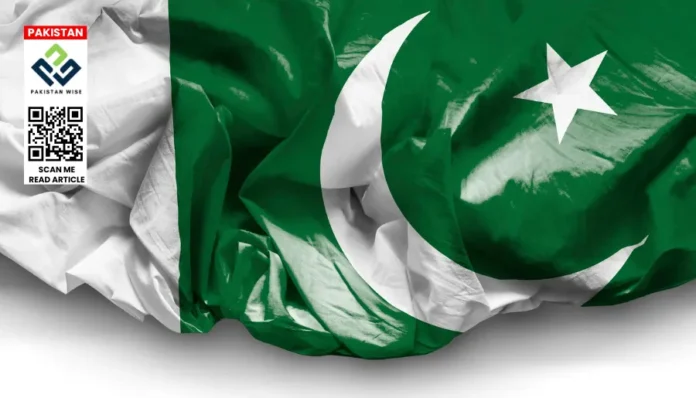- Pakistan emerges diplomatically victorious amidst the recent conflict with India.
- India’s military superiority myth shattered; Pakistan demonstrates robust defensive capabilities.
- Kashmir issue re-internationalized; India’s aggressive ambitions challenged on global stage.
Over the past some days, the geopolitical landscape of South Asia has undergone a significant transformation, driven by the Pakistan-India conflict. Beginning with India’s aggressive stance, the situation quickly escalated into a scenario where India, contrary to its initial bravado, found itself pleading for international intervention to cease hostilities. This marked a critical turning point, highlighting India’s isolation on the global stage while Pakistan garnered diplomatic support and recognition for its measured response.
Key Observations from the Conflict:
- Diplomatic Triumph for Pakistan:
Pakistan’s strategic diplomacy during the conflict resonated globally, contrasting sharply with India’s unilateral actions. International calls for de-escalation shifted focus from pressuring Pakistan to urging India to step back, underscoring Pakistan’s diplomatic finesse in managing the crisis. - Military Realities and Capability Demonstration:
Contrary to India’s claims of military superiority, the conflict revealed Pakistan’s effective defense capabilities. Significant engagements, including an air battle where Pakistan downed several advanced Indian aircraft, showcased Pakistan’s ability to defend its airspace and strike key Indian targets. - Re-internationalization of the Kashmir Issue:
The conflict spotlighted India’s handling of Kashmir, forcing global attention on human rights concerns and challenging India’s narrative of internal sovereignty over the region. - Collapse of India’s Strategic Objectives:
India’s aggressive objectives, including territorial ambitions and punitive actions against Pakistan, failed under Pakistan’s resilient response. This conflict debunked India’s aspirations as a regional superpower. - Media and Information Warfare:
Pakistan’s coordinated media strategy effectively countered India’s narrative, while Indian media’s credibility suffered due to sensationalism and misinformation. - International Perception and Diplomatic Support:
Pakistan’s diplomatic relationships, particularly with China and Türkiye, highlighted its strategic alliances and international standing, contrasting with India’s lack of widespread support during the conflict. - Responsible Leadership and Strategic Maturity:
Pakistan’s approach throughout the conflict emphasized restraint and proportionate response, contrasting sharply with India’s escalatory tactics and subsequent strategic retreat.
Pakistan-India conflict marked a pivotal moment in South Asian geopolitics, with Pakistan emerging diplomatically and militarily strengthened. The aftermath underscores Pakistan’s resilience and strategic foresight, challenging India’s regional dominance narrative while asserting its own capabilities and responsible international conduct.
Long Live Pakistan

